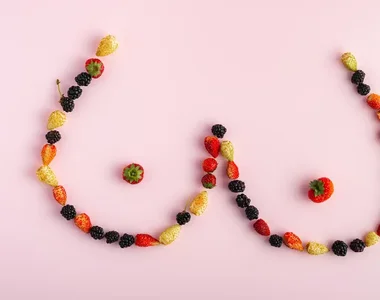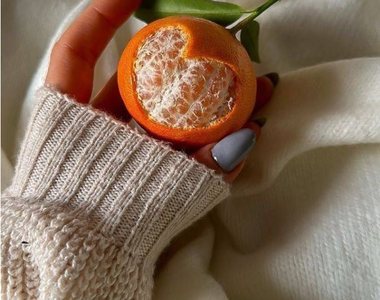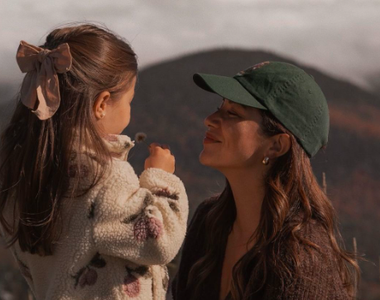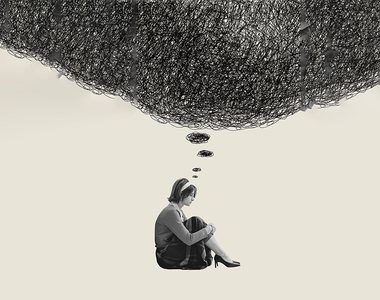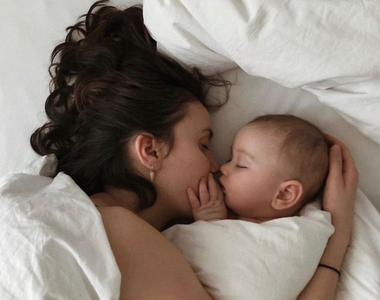
Breast cancer occurs when cells in the breast multiply and grow faster than they should. Cancer cells can spread to other areas of the body through the lymph vessels and bloodstream.
As with most diseases, there are risk factors associated with breast cancer. Risk factors are things that can increase the chance of developing a condition. But having one or more risk factors does not mean that you will have the disease. It simply means that you can increase your chances of having it.
Many people have one or more cancer risk factors but never get sick. Although risk factors are numerous, the most common are:
Genetic risk factors and personal history
When it comes to genetics and personal details, there is not much you can do to change these factors. But knowing about them can help you stay alert when it comes to health.
Sex and age
Women are more likely to develop breast cancer than men. The risk of breast cancer increases with age. According to Breastcancer.org, at age 50 the risk is 1 in 43; at age 60 the risk is 1 in 29; at age 70 the risk is 1 in 26.
Family and personal history and genetics
Having a close family member (parent, sibling, child) who has received a diagnosis of breast cancer increases the risk.
Reproductive factors and menstrual history
According to a 2017 study, starting menstruation before the age of 12 or switching to menopause after the age of 55 can increase the risk of breast cancer. This has to do with exposure to the hormone estrogen. Other influencing factors may be the unborn child or the birth of the first child after the age of 30 years.
"Dense" breasts
Breast density is a term that describes the amount of different types of breast tissue. Dense breasts have relatively high amounts of glandular tissue and fibrous connective tissue and relatively low amounts of breast adipose tissue
Të kesh gjoks të dendur mund ta bëjë më të vështirë zbulimin e gungave ose anomalive në një mamografi.
Rrezatimi i mëparshëm në gjoks
Të kesh rrezatim në zonën e gjoksit për një lloj tjetër kanceri në të kaluarën rrit rrezikun e zhvillimit të kancerit të gjirit.
Faktorët e stilit të jetesës
Ndryshe nga faktorët e rrezikut të përshkruar më sipër, faktorët e rrezikut të jetesës janë ata mbi të cilët keni kontroll dhe mund të ndryshoni.
Mungesa e një diete të shëndetshme
Pesha
Mbipesha ose obeziteti është një faktor rreziku i vendosur i besuar për kancerin e gjirit, veçanërisht në gratë pas menopauzës. Rreziku i shtuar është për shkak të faktit se qelizat yndyrore prodhojnë estrogjen, i cili rrit sasinë e estrogjenit në trup. Të kesh nivele më të larta të estrogjenit mund të rrisë rrezikun e zhvillimit të kancerit të gjirit.
Alcohol consumption
Alcohol can increase the levels of estrogen and other hormones associated with breast cancer. Alcohol can also damage DNA in cells which, in turn, can increase the risk of cancer.
Hormone therapy
The use of hormone replacement therapy can increase the risk of breast cancer significantly, especially for therapy that includes both progesterone and estrogen.
Sources: Healthline, WebMD, Women's Health
